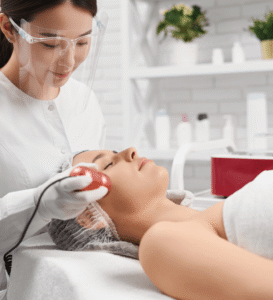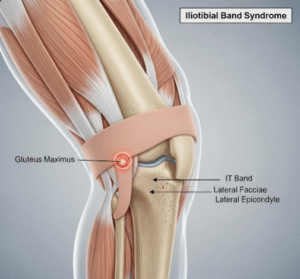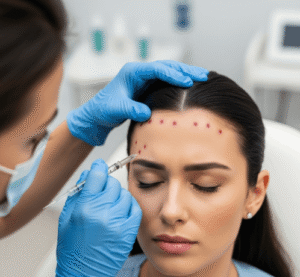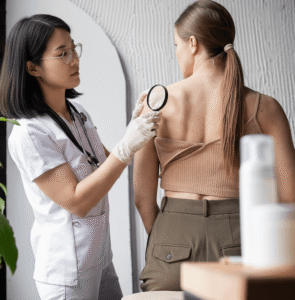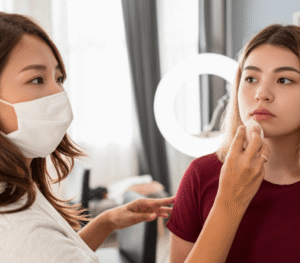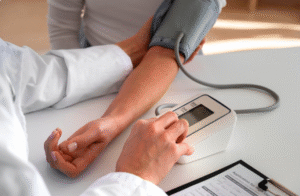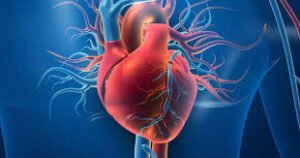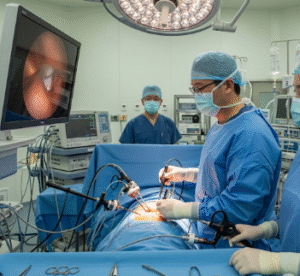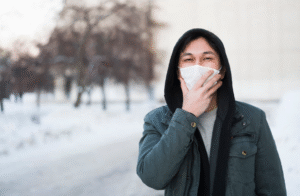Overview
Hand eczema, also known as hand dermatitis, is a common inflammatory skin condition affecting the hands. It can cause redness, itching, cracking, and pain, impacting daily activities and work performance.
In Korea, hand eczema is frequently seen in individuals exposed to frequent handwashing, chemicals, or occupational irritants. Korean dermatology clinics provide accurate diagnosis, topical and systemic treatments, and patient education to manage and prevent flare-ups.
What is Hand Eczema?
Hand eczema is an inflammatory skin disorder that occurs when the skin barrier of the hands is damaged, leading to irritation and inflammation. It can be acute or chronic, with triggers including irritants, allergens, and genetic predisposition.
Symptoms
- Redness and inflammation of the hands
- Itching and burning sensations
- Dry, cracked, or scaly skin
- Pain or tenderness in severe cases
- Blistering or oozing in acute flare-ups
- Thickened skin in chronic eczema
Causes
- Irritants: detergents, soaps, cleaning chemicals
- Allergens: metals, fragrances, latex
- Genetic predisposition (atopic dermatitis)
- Frequent handwashing or wet work
- Stress and environmental factors
Risk Factors
- Occupations involving wet work (healthcare workers, cleaners, hairdressers)
- History of atopic dermatitis or allergies
- Repeated exposure to irritants or chemicals
- Cold and dry weather conditions
- Genetic susceptibility
Complications
- Secondary bacterial or fungal infections
- Chronic thickening or lichenification of skin
- Pain or difficulty using hands for daily tasks
- Emotional or social stress due to visible skin lesions
- Recurrent flare-ups if triggers are not managed
Prevention
- Use protective gloves when handling irritants
- Apply moisturizers regularly to maintain skin barrier
- Avoid harsh soaps and chemicals
- Minimize exposure to allergens
- Early treatment of minor eczema to prevent chronic changes
Treatment Options in Korea
Diagnosis
- Physical examination of the hands and skin
- Patch testing to identify allergens
- Blood tests for atopy or other underlying conditions if needed
- Skin biopsy in atypical cases
Medical Treatments
- Topical corticosteroids to reduce inflammation
- Moisturizers and barrier creams for skin protection
- Topical calcineurin inhibitors for sensitive skin areas
- Antihistamines to control itching
- Antibiotics or antifungals if secondary infection occurs
Surgical or Advanced Therapies
- Rarely required, except for severe chronic cases with complications
- Phototherapy or laser therapy in resistant or chronic hand eczema
- Korean dermatology centers may offer advanced skin barrier repair treatments
Rehabilitation and Support
- Education on hand care and trigger avoidance
- Guidance for occupational modifications if work-related
- Follow-up monitoring to prevent recurrence


